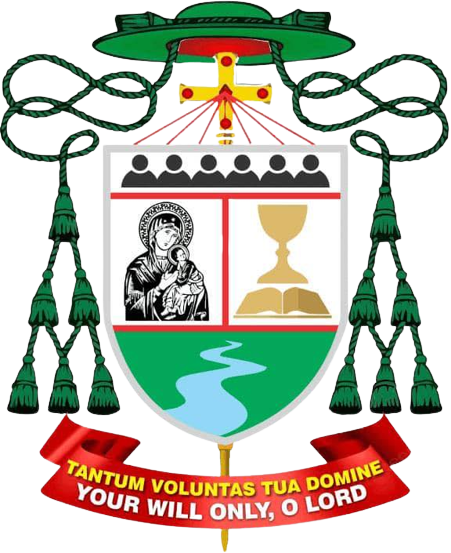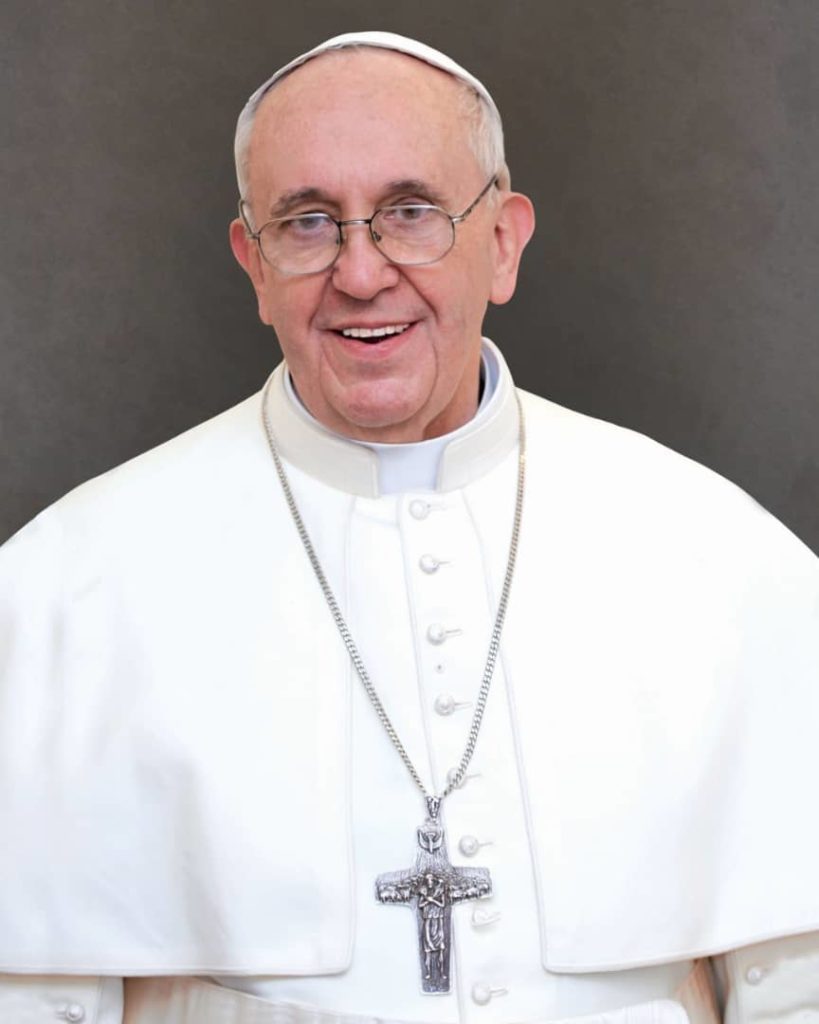In the Apostolic Letter “Authenticum charismatis,” issued motu proprio, Pope Francis amends canon law to require the Holy See’s approval for the valid erection of institutes of consecrated life.
Pope Francis, with an Apostolic Letter issued motu proprio, and entitled Authenticum charismatis, has modified Canon 579 of the Code of Canon Law concerning the erection of institutes of consecrated life.
With this amendment, new institutes of consecrated life and societies of apostolic life must receive written approval by the Apostolic See, which alone has final judgment as regards their erection. Previously the law stated that Diocesan Bishops could establish new institutes with prior consultation with the Holy See.
The new law will be promulgated by publication in L’Osservatore Romano. It will enter into force on 10 November 2020 and will be subsequently published in the official commentary of the Acta Apostolicae Sedis.
Authentic charism:
Referring to the Apostolic Exhortation Evangelii Gaudium. § 130, the Apostolic Letter notes that “a sure sign of the authenticity of a charism is its ecclesial character, its ability to be integrated harmoniously into the life of God’s holy and faithful people for the good of all.” The faithful, therefore, have the right to be alerted by their pastors about the authenticity of the charism and the reliability of those who present themselves as founders after genuine discernment.
The Apostolic Letter further underlines that “it is right to respond to the gifts which the Spirit inspires in particular Churches, welcoming them generously with thanksgiving” but it is also necessary to “avoid the imprudent emergence of institutes which are useless or lacking sufficient vigor” (Decree Perfectae caritatis, §19).
Discernment about the ecclesiality and reliability of charisms is an ecclesial responsibility of the pastors of particular churches. This, the Apostolic Letter notes, is expressed in “care for all forms of consecrated life and in the task of evaluating the necessity of establishing new institutes of consecrated life and new societies of apostolic life.”
Ecclesial recognition of new institutes
The Apostolic See has the responsibility to accompany the Pastors in the process of discernment leading to the ecclesial recognition of a new institute or society of diocesan right.
This is in line with the Apostolic Exhortation Vita Consecrata §12, which affirms that the vitality of new institutes and societies “must be judged by the authority of the Church, which has the responsibility of examining them in order to discern the authenticity of the purpose for their foundation and to prevent the proliferation of institutions similar to one another, with the consequent risk of a harmful fragmentation into excessively small groups.”
“The act of canonical erection by the Bishop transcends the diocesan sphere alone and makes it relevant to the wider horizon of the universal Church,” the Apostolic Letter notes. Though established in the context of a particular Church, they serve as a gift to the Church which “is not an isolated or marginal reality, but deeply a part of her. It is at the heart of the Church, a decisive element of her mission” (Letter to Consecrated Persons, III, 5).
The amended canon 579 reads:
Episcopi dioecesani, in suo quisque territorio, instituta vitae consecratae formali decreto valide erigere possunt, praevia licentia Sedis Apostolicae scripto data.
A rescript of the same law which was promulgated on 1 June 2016 stipulated that prior consultation with the Holy See was to be understood as necessary for the valid erection of a diocesan institute of consecrated life, on pain of nullity of the decree of erection of the institute itself. The new motu proprio makes explicit that Diocesan Bishops can only validly erect institutes of consecrated life by a formal decree, and only when written permission has been given by the Apostolic See.

